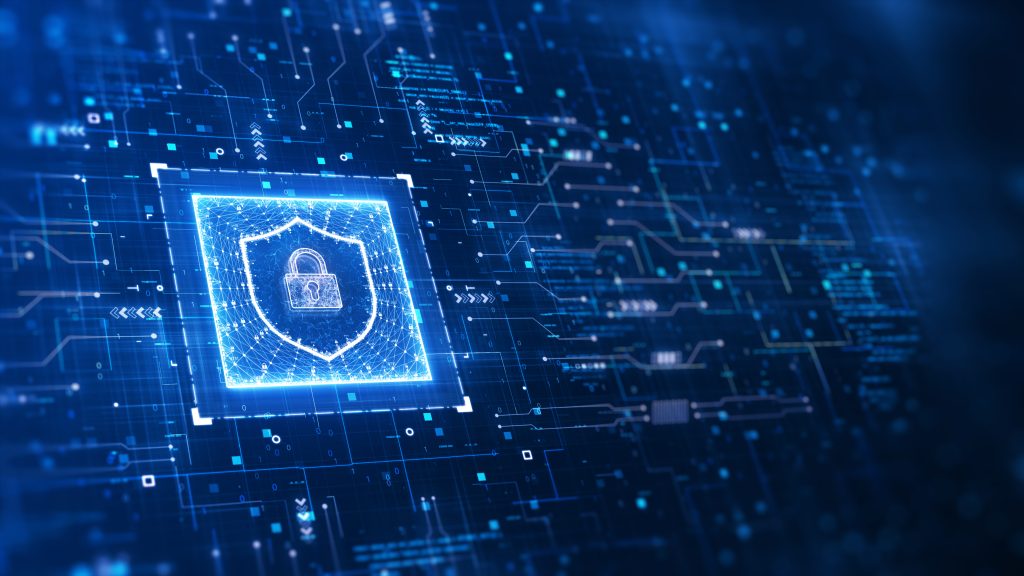International criminal court conference explores cyber-enabled crimes and reinforces jurisdiction.
The conference shed light on the significance of addressing cyber-enabled crimes within the framework of international criminal law and reinforced the ICC’s jurisdiction over such crimes. It underscored the need for a forward-looking approach to adapt to the evolving nature and tools of warfare.

The International Criminal Court (ICC) recently held a conference at its headquarters in The Hague to focus on cyber-enabled crimes in the context of the Rome Statute system. The conference, jointly organised with Microsoft, attracted over 100 participants from various sectors, including 12 cybersecurity and technology companies.
The purpose of the conference was to delve into the less explored areas of cyber-enabled crimes within international criminal law, with a particular emphasis on war crimes and crimes against humanity. The misuse of cyberspace to commit or facilitate serious crimes, such as cyberattacks on civilian infrastructure, was a key topic of discussion.
During the conference, it was emphasised that if the requirements of the Rome Statute are met, the ICC has jurisdiction over cyber-enabled crimes and can investigate and prosecute such conduct. The ICC Prosecutor, Karim A.A. Khan KC, highlighted the importance of a forward-looking perspective in international criminal law to ensure justice for all victims and communities affected by prohibited conduct under the Rome Statute.
Panel discussions at the conference covered a wide range of themes, including the latest online threats, the impact of cyber-enabled crimes on human rights, justice, and accountability, the use of artificial intelligence in disinformation campaigns, foreign influence operations, digital surveillance, and destructive cyberattacks. The potential role of the ICC in addressing cyber-enabled crimes was also explored.
The conference outcomes will contribute to the development of a policy on cyber-enabled crimes, as well as the introduction of new policies on slavery crimes, environmental crimes, and cooperation. These efforts reflect the ICC’s commitment to enhance its policy framework and effectively respond to contemporary challenges in the pursuit of justice.
The conference highlighted the value of collaboration and partnerships in addressing cyber operations that often transcend borders, jurisdictions, and specializations. Microsoft’s partnership was particularly appreciated in organising the event. The ICC Prosecutor’s Office also expressed gratitude to various enterprises, institutions, experts, and participants for their contributions.
In addition, the ICC Prosecutor’s Office revealed plans to modernize its operations, with a focus on prioritising cybersecurity and data security. This includes consolidating data in the cloud, implementing data governance systems, and leveraging AI and machine learning for enhanced data integrity management. These technological advancements aim to ensure effective and secure handling of evidence.
Source: ICC – CPI
